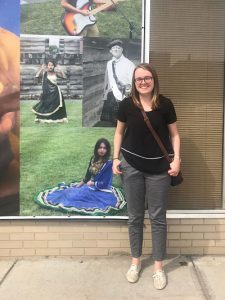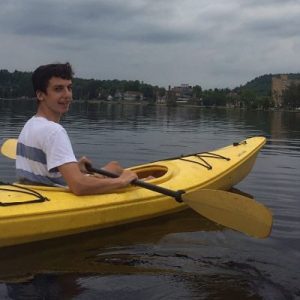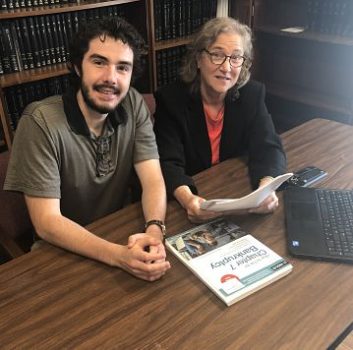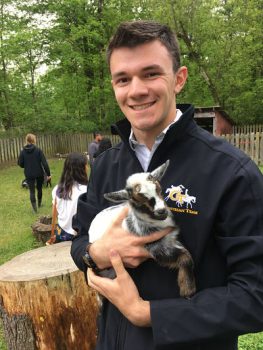Submitted by Christine Le ’19, one of 30 students doing community-based research this summer as a Fellow in the Upstate Institute Summer Field School
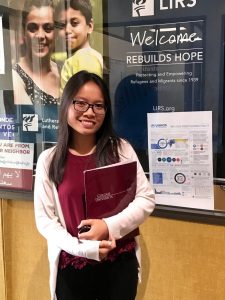
This summer, I am one of the Field School fellows at the Mohawk Valley Center for Refugee Resources (MVRCR) in Utica. The MVRCR is a not-for-profit corporation that provides services for refugees and immigrants in Central New York. Newly arrived refugees are provided airport pickups, housing, culturally appropriate meals, health screenings, cultural orientation, and comprehensive case managements. Beyond addressing the most urgent needs, the MVRCR provides other services, such as: interpretation and translation, citizenship counseling, cultural competency training, English classes for non-native speakers, employment consulting, etc. Over 38 years of existence, the MVRCR has resettled over 16,000 refugees from 34 different countries, and provided instrumental support for many more immigrants and Limited English Proficient individuals throughout the integration process into the local community.
My summer project involves developing a database on the secondary migrants seeking services at the MVRCR. Secondary migrants are refugees who originally resettle in one state and subsequently move to another state for various reasons. They qualify for and seek many services at the MVRCR. Yet there has not been an efficient way to keep track of their demographics, service outcomes, and other population-specific information that will help the MVRCR assess its current performance and identify enhanced cultural orientation topics for more targeted services. My project aims to tackle this problem.
With valuable guidance from the MVRCR staff, I was able to revise the existing data intake process into one that can be applied across different departments of the agency. I also communicated with other refugee resettlement agencies to learn about their data management systems, in search of an optimal solution for the MVRCR. By the end of the summer, I hope to utilize the data I gathered to assess the agency’s strengths and weaknesses vis à vis its secondary migrant clients, thereby making future recommendations. Ultimately, with better services provided at the MVRCR, my project will potentially contribute to Utica’s effort at rejuvenating its Rust Belt economy, by attracting a vibrantly multicultural population as its new workforce.
Having just graduated from Colgate with a double degree in Economics and International Relations, I am thrilled about the opportunity to combine my quantitative training with my interest in issues of human rights and refugee policies – a perfect continuation of both my majors in my first post-grad “real world” experience. Daily interactions with the inner workings of the MVRCR have given me a new, micro-level perspective on the treatment of refugees and immigrants, which complements the knowledge from my classes that tend to involve broader discussions on general themes surrounding the refugee crisis. I am also learning to analyze issues through the lens of a service provider, focusing on the needs of the refugees, the agency, and the community – rather than that of a detached (wannabe) scholar. Most importantly, I am thankful for the chance to leave behind a contribution – no matter how small – to the community around me, beyond the scope of the Colgate campus, before I venture onto the next chapter of my life.



